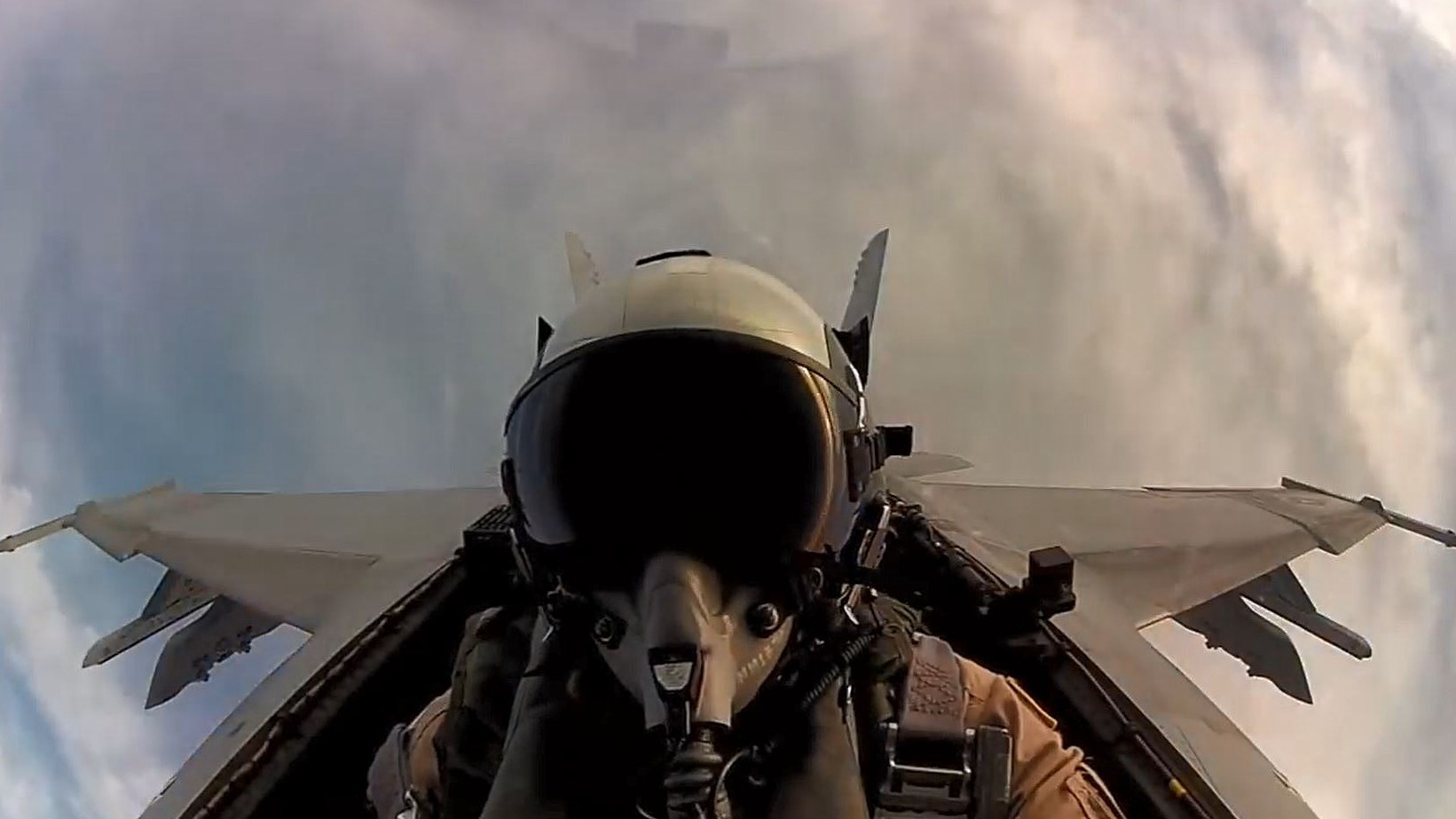
Politics
09:47, 27-Nov-2018
U.S. bombers no longer flying over Korean Peninsula
Updated
09:05, 30-Nov-2018
CGTN

U.S. bombers are no longer conducting flights over the Republic of Korea (ROK) after Seoul asked for such missions to be paused, a U.S. general said on Monday.
Charles Brown, who heads U.S. Pacific Air Forces, told Pentagon reporters that the break was to help create space for ongoing diplomatic efforts to address nuclear activities of the Democratic People's Republic of Korea (DPRK).
"As we're going through the diplomatic aspect, we don't want to actually do something that's going to derail the diplomatic negotiations," said Brown.
"So that's part of the reason why we're not doing (flights) over Korea."

A screen displays news broadcast of U.S. President Donald Trump and DPRK leader Kim Jong Un shaking hands at the DPRK-U.S. Singapore summit, June 12, 2018. /VCG Photo
A screen displays news broadcast of U.S. President Donald Trump and DPRK leader Kim Jong Un shaking hands at the DPRK-U.S. Singapore summit, June 12, 2018. /VCG Photo
As part of its so-called "Continuous Bomber Presence Mission," the U.S. Air Force has kept B-1Bs, B-52s, and B-2s on the U.S. territory of Guam since 2004.
It routinely conducts flights over the region, often with partners including Japan, the ROK, and Australia, as a way of training and exerting a strong military presence against DPRK and other potential adversaries.
Brown said despite not flying over the Korean Peninsula, the overall number of bomber flights has not changed.
The U.S. and the ROK have scaled down or scrapped several joint military drills since a historic summit between DPRK leader Kim Jong Un and U.S. President Donald Trump in Singapore in June.
At the meeting, Trump announced the U.S. would stop holding joint exercises with the ROK, calling them expensive and "very provocative."
U.S. Defense Secretary James Mattis said last week the U.S. and the ROK are reducing the scope of "Foal Eagle," a joint drill scheduled for spring 2019.
Foal Eagle is the biggest of the regular joint exercises held by the allies and has always infuriated Pyongyang, which condemned it as preparations for an invasion.
Source(s): AFP

SITEMAP
Copyright © 2018 CGTN. Beijing ICP prepared NO.16065310-3
Copyright © 2018 CGTN. Beijing ICP prepared NO.16065310-3